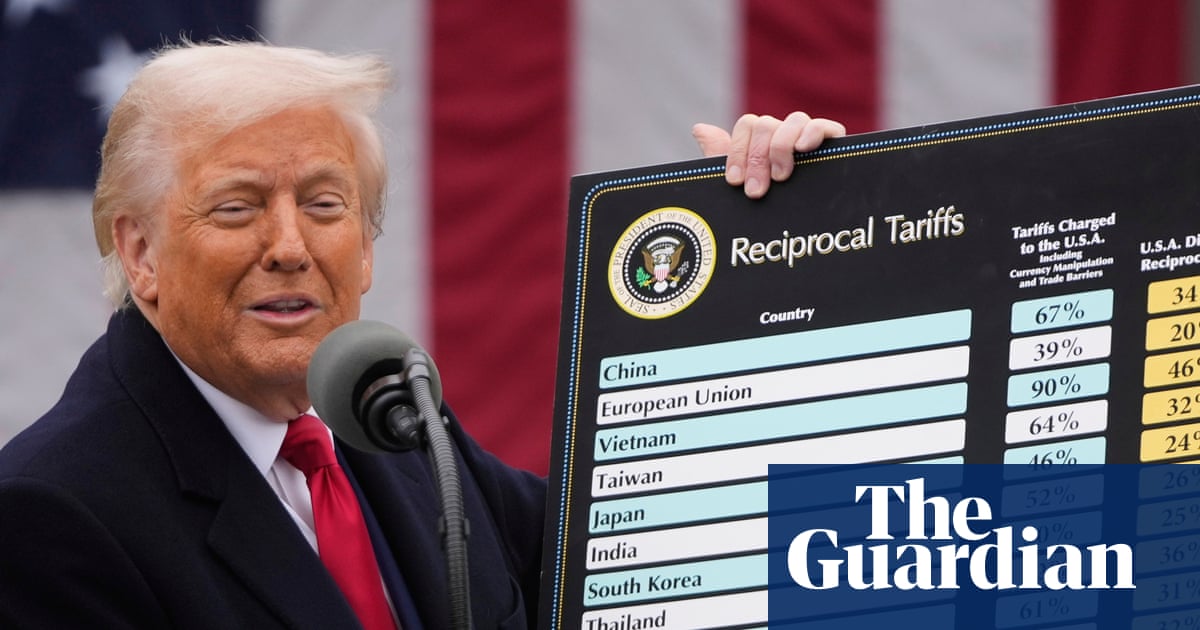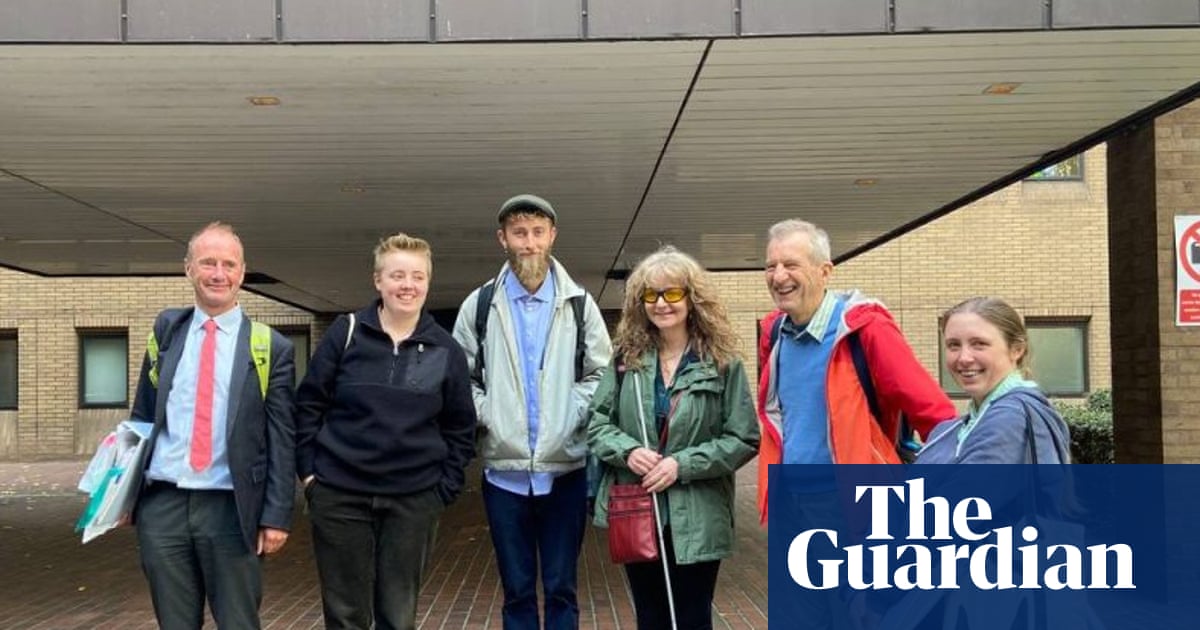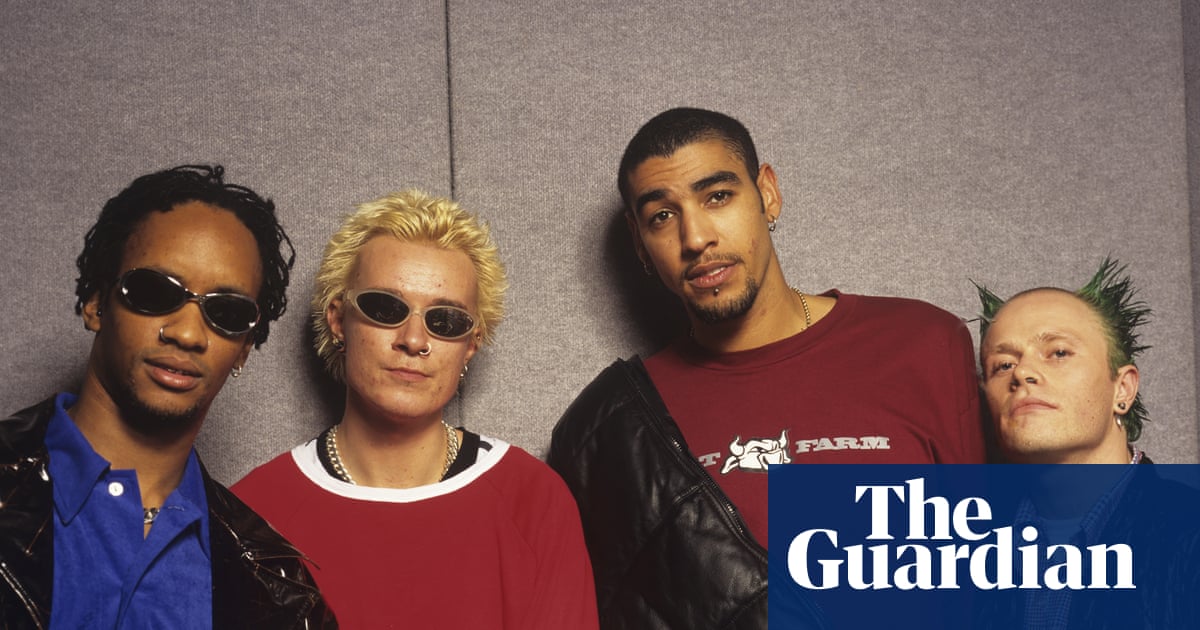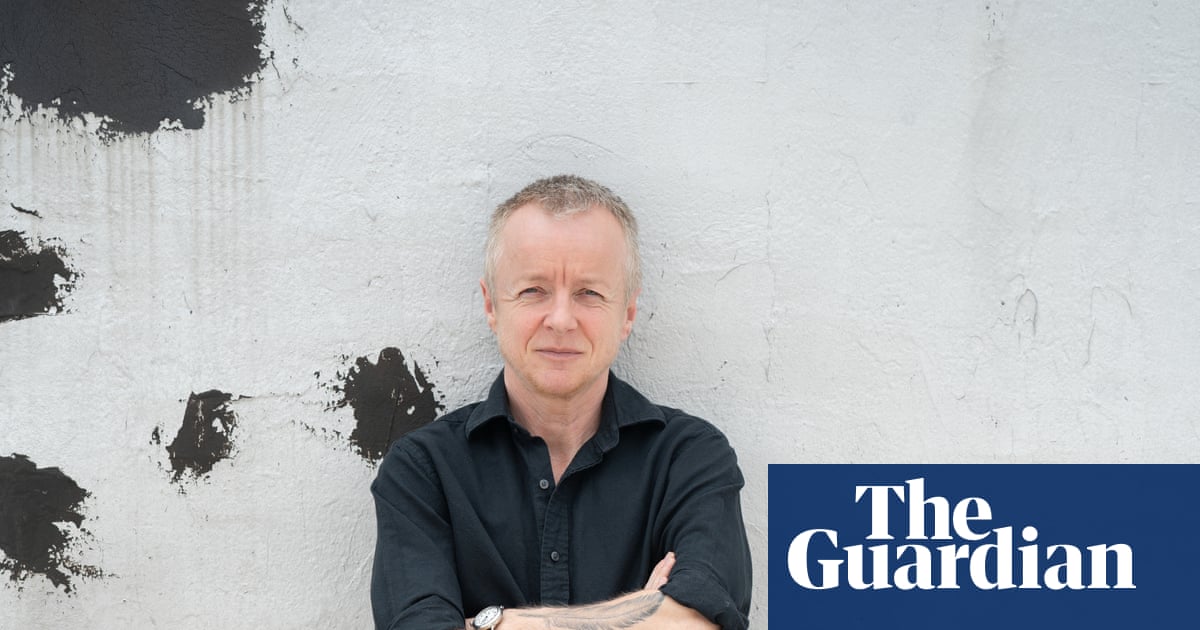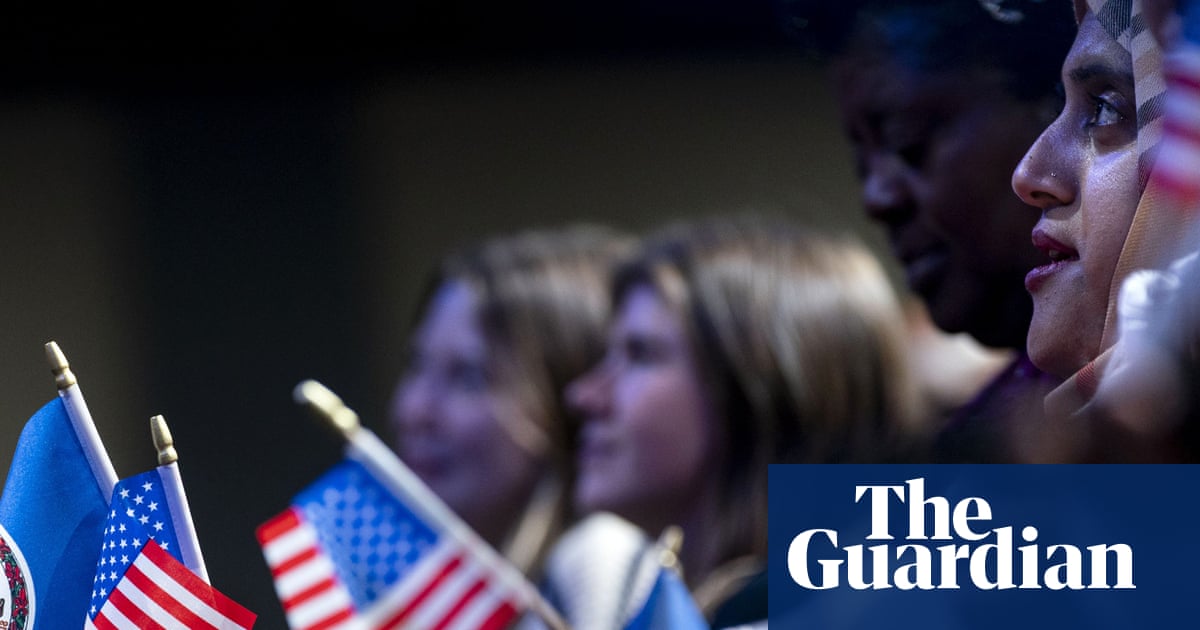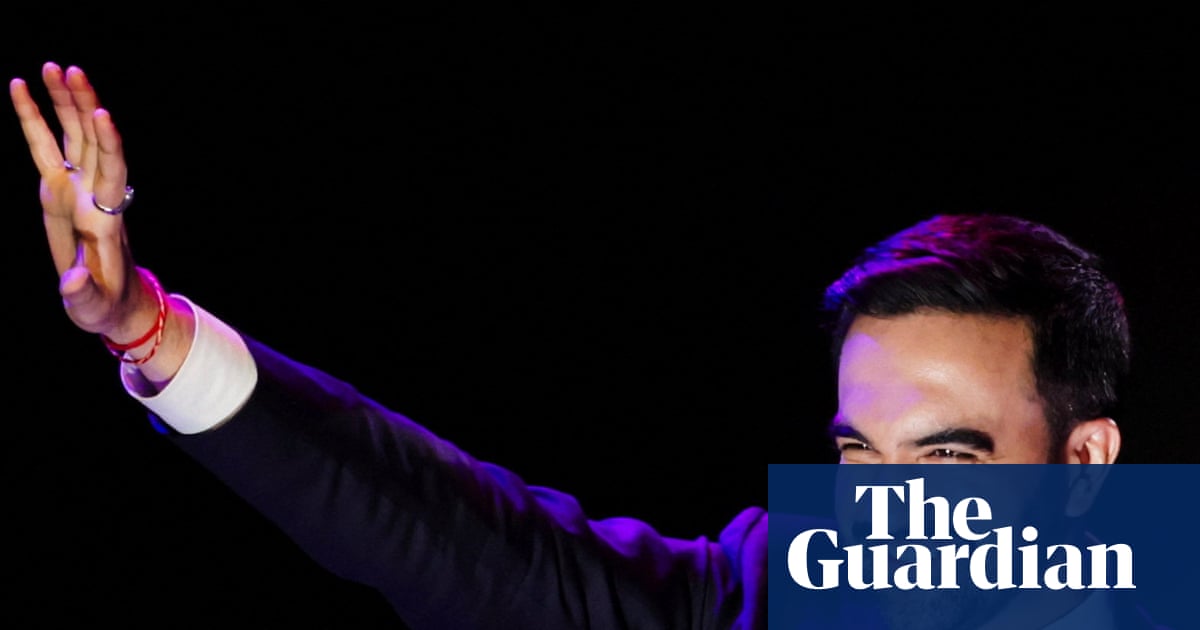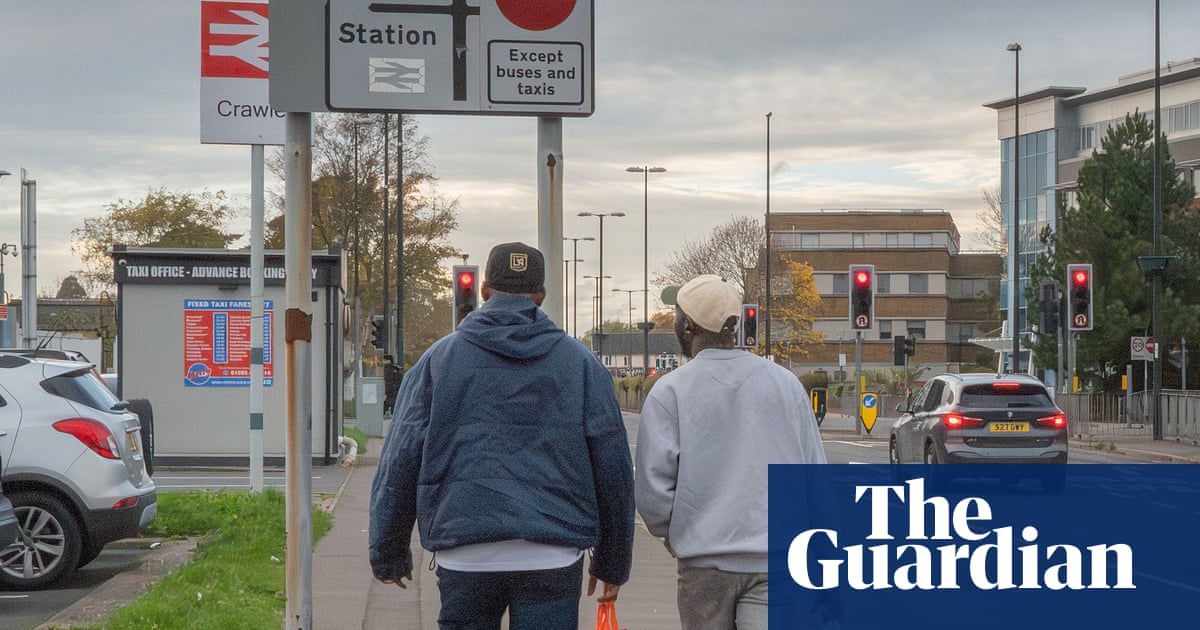“Democracy is the way that we have diverse societies that don’t kill each other, largely,” Lilliana Mason, a leading scholar of partisanship, observed recently. She added: “As soon as we stop believing in it, it disappears.” Dr Mason’s own research suggests that there is sharply rising tolerance of political violence. On Wednesday, it claimed one more victim.
The shocking killing of the co-founder of Turning Point USA Charlie Kirk, a hugely influential activist who rallied young people to Donald Trump’s cause and far-right ideology more broadly, has been widely and rightly condemned across the political spectrum. Leading Democrats and progressive activists made clear that such violence must not be tolerated.
Before a perpetrator had even been identified, the president, like several other Republicans, blamed “radical left political violence”, claiming that liberal rhetoric against conservatives was “directly responsible for the terrorism that we’re seeing in our country”. Mr Trump himself faced two attempts on his life last year. He cited other victims, but not the many Democrats who have been targeted, including Melissa Hortman, the Minnesota state representative shot dead at her home alongside her husband, Mark, in June. Meanwhile, some far-right commentators spoke of vengeance.
Political violence is hardly a new phenomenon in a country that has seen a civil war, four presidential assassinations, and lynchings. But it is rising again. Ordinary Americans are being radicalised. In such an environment, one thing unites the political poles; any prominent figure is vulnerable, though women and people of colour are particularly targeted. Threats to members of Congress rocketed last year.
“Demonising those with whom you disagree” is indeed dangerous, but Mr Trump himself has normalised vicious attacks on opponents. The tolerance of violent action – as with Mr Trump’s blanket pardons for the January 6 rioters – sends a message too. The roots of violent acts are complex, but an environment conducive to political attacks may channel the propensities of potential perpetrators. Robert Pape, director of the Chicago Project on Security and Threats, has warned that US politics may be on the brink “of an extremely violent era … The more public support there is for political violence, the more common it is.” The US addiction to guns drastically increases the impact.
Acts of political violence exact an appalling human toll in lives lost and families shattered; Mr Kirk’s death leaves two small children fatherless. But they also – by design – deter other people from political or other civic activity at all levels. The most extreme voices may persist and prevail. Blaming political adversaries before a perpetrator has even been identified risks fuelling anger and attacks, to everyone’s cost. Research by Dr Mason, of Johns Hopkins University, and Nathan Kalmoe, of the University of Wisconsin-Madison, found that a fifth of respondents said political violence could sometimes be justified, but three-fifths thought it could sometimes be justified if the other side committed violence first.
Yet other research notes that people appear less willing to condone violence if misperceptions of the other side’s extremism or propensity for force are corrected. In this perilous moment, the response to such hateful crimes should be to coalesce to stress non-violence and civic tolerance. To instead promote division will only increase the threat to politicians and activists of all stripes, and strike another blow to democracy itself.
-
Do you have an opinion on the issues raised in this article? If you would like to submit a response of up to 300 words by email to be considered for publication in our letters section, please click here.

 1 month ago
47
1 month ago
47





